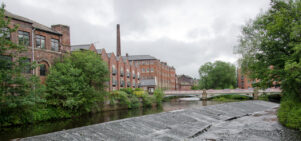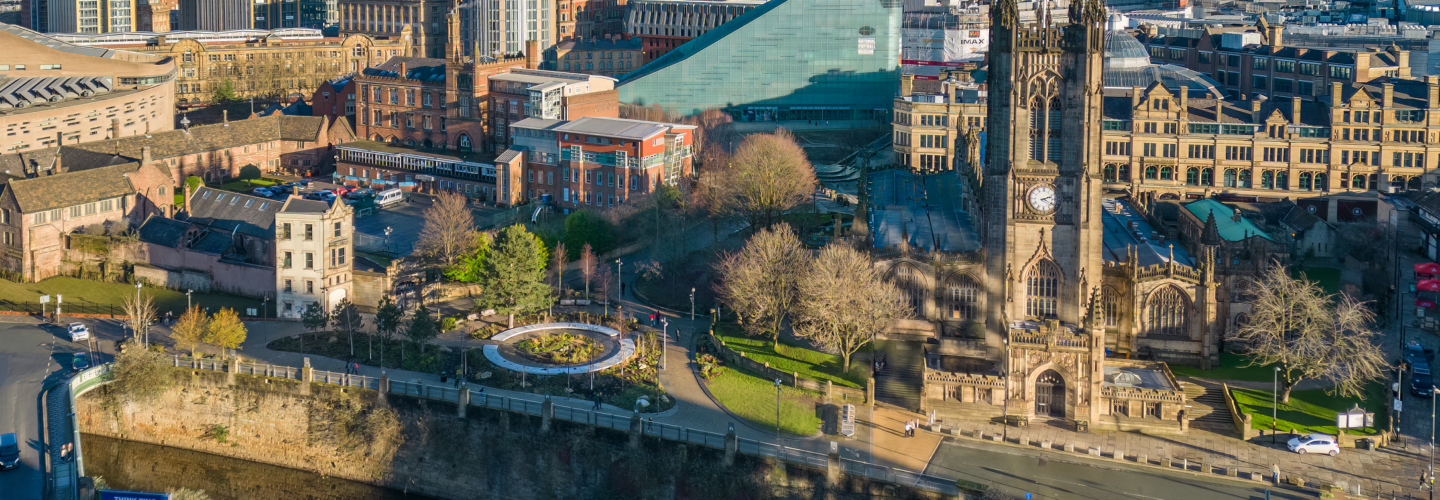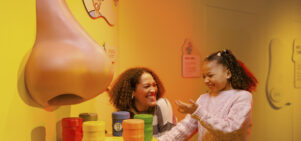Election! Britain Votes at the People’s History Museum: Get political
Polly Checkland HardingAn exhibition that balances references to Russell Brand and the Hunger Games with some serious insight into the UK’s political past – and future.
“This exhibition is pro-voting and pro-democracy.” The People’s History Museum’s latest show has an agenda and, in this introductory text, it is wonderfully upfront about it. The exhibition’s title, Election! Britain Votes, isn’t just descriptive, it’s also a statement of intent – and, in terms of coaxing people towards the polls, it’s a political party’s wet dream. The exhibition sings the siren song of politics but manages to stay free from rhetoric and promises. Instead, it offers a convincing argument, not about who to vote for, but that voting itself is important.
In a direct answer to Russell Brand-ism and the abandonment of politics – and actually beneath a cardboard illustration of the fella’s face – comes the argument that politicians and parties will always pander to the priorities of the people who vote the most. It’s no coincidence, for instance, that pensions are so heavily on the agenda this year when you consider that the voting majority are the over 65s. What’s interesting about the reasoning throughout, however, is the way it’s been packaged: Election! Britain Votes comes in two distinct halves, one an elegant distillation of electoral history, the other a flow chart that points (literally) towards taking action.
In terms of coaxing people towards the polls, it’s a political party’s wet dream
In the first, historical half, there’s an emphasis on reading between the lines. Carefully curated archive material hones in the contention at the centre of each election from 1900 onwards, while coloured tape charts the rise and fall in popularity of the main parties. Deductions around major switches in power, voter turnout and the shifting gender-bias in the House of Commons come more from thinking around the visuals than the text on display. The second part of the exhibition, though a little garish, does a great job of questioning the power structures involved in politics – and in making them feel personally relevant.
It’s this that makes Election! Britain Votes so powerful: the individual is placed firmly in the frame, encouraged to think about their place in the political picture, to understand the different parties and even offered an iPad so that they can register to vote. This, in my opinion, is what radical looks like – not a man sporting his cynicism with the same kind of vanity as his beard.


















